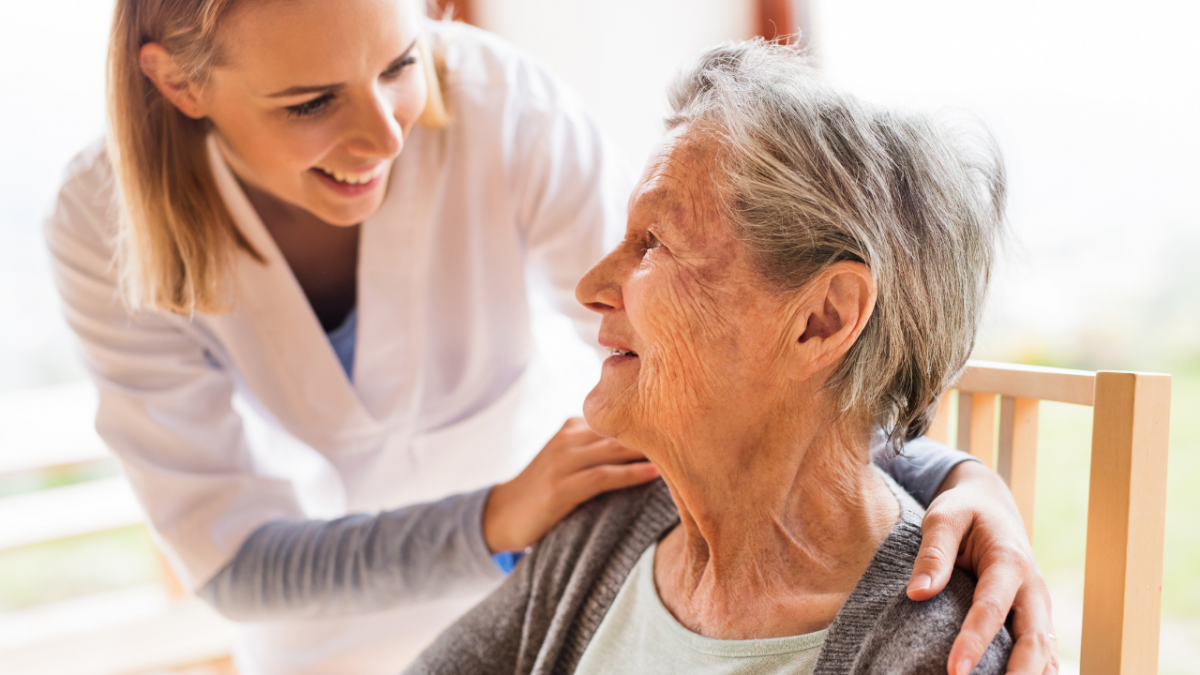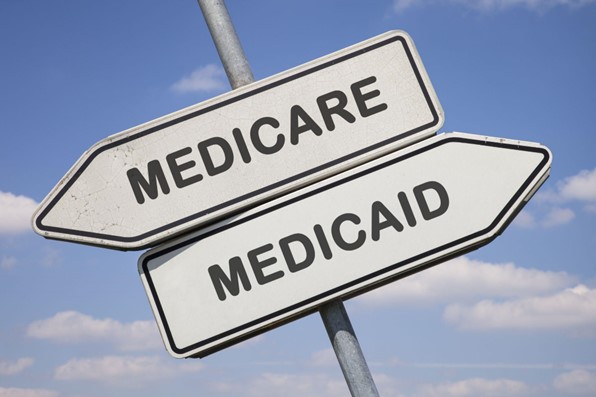Understanding and Managing Diabetes in Seniors
Living with and managing diabetes can be difficult, even for otherwise healthy individuals. However, managing diabetes in older adults can be an especially unique challenge. An estimated 14.3 million seniors are living with diabetes. Many older adults also have other health issues to deal with as well. Over 50 percent of all adults age 65 and older have three or more chronic health issues, like heart disease, arthritis, and high blood pressure. These issues, along with the complicated ongoing management of diabetes, can lead to frustration and fatigue among seniors.
Some older adults may not even know that they have diabetes. Nearly 7.3 million people have the disease, but are undiagnosed. Because managing diabetes in seniors is important for overall health and wellness, learning about early warning signs and how to delay or prevent worsening symptoms is vital.
To help older adults and their families better understand and manage diabetes, the following information will shed more light on this chronic health condition.
What Is Diabetes?
When we eat, our bodies convert food into sugar, called glucose. This fuels the body with energy. However, in order to use glucose as energy, a hormone called insulin is needed. This lets glucose into our cells. A person with diabetes either doesn’t make enough insulin or doesn’t use insulin in the right way. This causes too much glucose in the blood, which leads to health problems over time. Often, this is referred to as having “high blood sugar.”
High blood sugar levels affect many parts of the body and can cause a multitude of health problems, including heart disease, stroke, eye conditions, kidney disease, nerve damage, and more.
Types of Diabetes
Diabetes isn’t the same for everyone. There are two main types:
- Type 1: In this type of diabetes, the body does not make insulin. Type 1 diabetes is diagnosed most often in children and young adults, but older adults can develop it too.
- Type 2: This is the most common type of diabetes. In Type 2, the body does not make or use insulin well. It occurs most often in middle-aged and older adults, and those who are overweight, inactive, or have a family history of the disease are at a higher risk.
Signs and Symptoms of Type 2 Diabetes
As Type 2 diabetes is most common among older adults, it is important to recognize the signs of the disease early in order to get treatment right away. Symptoms include:
- Increased hunger and/or thirst
- Unexplained weight loss
- Frequent urination
- Blurred vision
- Skin infections or cuts that are slow to heal
These symptoms often come on slowly, and seniors may chalk them up to “old age.” If you have a senior loved one who is experiencing these symptoms, it is important to speak with a health care professional.
Diabetes Management Plans
Depending on the severity of the disease, some people may be able to manage blood sugar levels with exercise and dietary changes alone. Others may require insulin injections along with these lifestyle changes.
If you or a senior loved one has been diagnosed with diabetes, a good management plan is essential. Your doctor can help you develop a plan that will optimize health outcomes, while taking into account your lifestyle and other health conditions.
A typical diabetes management plan will cover:
- Tracking glucose levels: Glucose levels that are too high or too low can be dangerous. Your doctor will show you how to check blood sugar levels, often using a blood glucose monitor, and will discuss how often this should be done.
- Making healthy dietary choices: The foods you eat have an effect on glucose levels, which is why it is important to make healthy dietary choices. Your health care provider can help you develop a diet plan that includes healthy foods and portion sizes.
- Exercising: Exercise can help improve glucose levels. Talk to your doctor about an exercise plan that will meet your needs and fitness level.
- Taking medications: A vital part of managing diabetes in seniors is taking medications on time and as prescribed. Keep a medication schedule and talk to your doctor if you experience any side effects.
Why Choose LightSpring Home Care?
Our mission is to enhance the lives of individuals by giving them the best home care possible.
Our home care professionals look beyond the basic needs of our clients to become advocates for their physical and emotional well-being. Whether you are faced with a new diagnosis, recent surgery, or long-term health challenge, the care we provide is rooted in our core values.
Our senior care services allow our elderly clients to maintain as much independence as possible by providing the appropriate in-home assistance and companionship, lifting the spirits of both the elderly and the family caregivers.
LightSpring Home Care provides Home Care Services in the Philadelphia and surrounding cities.
Call us at 215-935-6321



